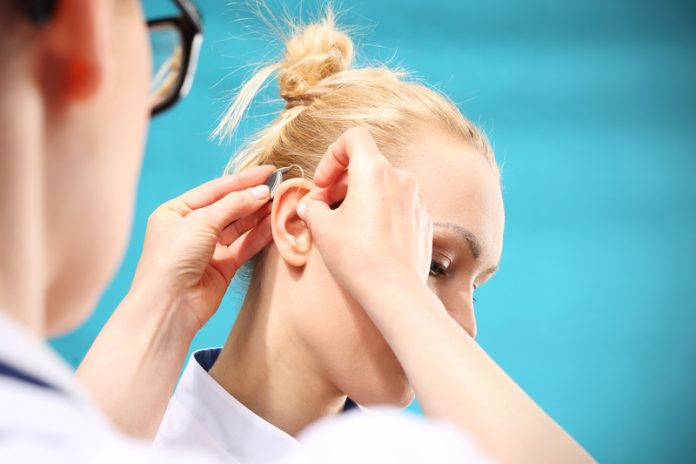Research by Oticon reveals three quarters of UK adults have never had their hearing checked by a hearing professional, putting it at risk every day
A survey of 2,000 adults, commissioned by Oticon, has revealed that millions of Brits are putting their hearing at risk every day.
Almost half of UK adults regularly jeopardise their hearing by listening to music at a high volume, with 28% of those admitting they do this on a daily basis.
One in five respondents similarly could be affecting their hearing by not using hearing protection when working in loud environments.
Thomas Behrens, Head of Audiology at Oticon said: “The research suggests highly significant numbers of people could be damaging their hearing and perhaps already have. It’s easy to take for granted but it’s important we look after our hearing, this can be as simple as wearing ear protection when around loud noises.”
“Noisy environments can be a real struggle for anyone with hearing difficulties. Consequently, avoiding social situations is a very common outcome of hearing loss. This can leave people feeling very isolated and alone, and can potentially lead to serious health effects including stress and depression. This is why it is so very important to seek medical assistance or to see a hearing specialist,”
51% find that they can’t hear what others are saying to them, while 41% said they have to ask people to repeat themselves or speak louder.
40% admit that they prefer to have the volume up high when speaking to people over the phone and almost a third said that they are asked to turn the volume down when watching TV.
For those who have reduced hearing, the survey revealed that the most common side effects can include; withdrawal from social situations, difficulty concentrating and feeling stressed.
Despite believing they need to visit a hearing care professional, 22% of adults have never had their hearing checked and 33% are concerned that their hearing is getting noticeably worse as they age.
“Hearing aids have the reputation of being brown, bulky and generally not cool and this has clearly deterred people from wearing them. Thanks to advances in hearing aid technology, many hearing aids are now small and discreet, fast and dynamic.
Oticon hearing aids also work in harmony with the brain to help people hear better with less effort helping them open up to a new world of sound,” Thomas Behrens concluded.











